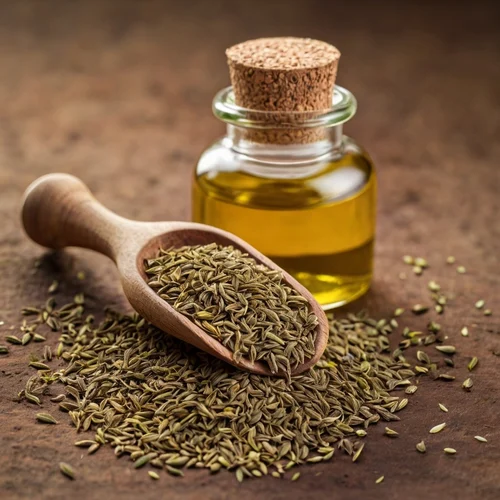
Known as Ajwain, Trachyspermum ammi (L.) Spragueis an annual herbaceous plant belonging to the highly valued medicinally important family, Apiaceae. It is said that the herb is widely grown in arid and semi-arid regions where the soil involve high amount of salts. Ajwain has an erect and striate stem involving glabrous or minutely pubescent properties which may grow up to 90 cm tall. Ajwain is widely distributed and cultivated in various regions such as Iran, Pakistan, Afghanistan, and India as well as Europe while it is indigenous to Egypt.The herb is generally grown in October–November and should be harvested in May–June. Usually grayish brown seeds or fruits of Ajwain are considered for medical and nutritional purposes.
Ajwain has been commonly used in traditional medicine systems for a variety of medicinal and pharmacological aspects. In Traditional Persian Medicine (TPM), Ajwain was well known from thousands of years. Persian practitioners usually used seeds of Ajwain as the most useful part of the herb. According to its temperament, Ajwain is hot and dry in the third degree and also possesses some bitterness and acridity. jwain is an important commercial plant due to its essential oil, which is used in the flavor/food industries.
Seeds of Ajwain are reported to possess antimicrobial, hypolipidemic, antihypertensive, antispasmodic, antilithiasis and diuretic. Antitussive, nematicidal, antihelminthic, antifilarial, activities. In the essential oil of Ajwain (E.O.A), the principle active constituents are phenols, mainly thymol (35-60%), which majorly contributes to its curative properties.
steam distillation
Similar to the most species of the family Apiaceae, Ajwain is famous for its brownish essential oil. Usually, Thymol is the main Ajwain essential oil constituent and may be yielded from 35% to 60%.